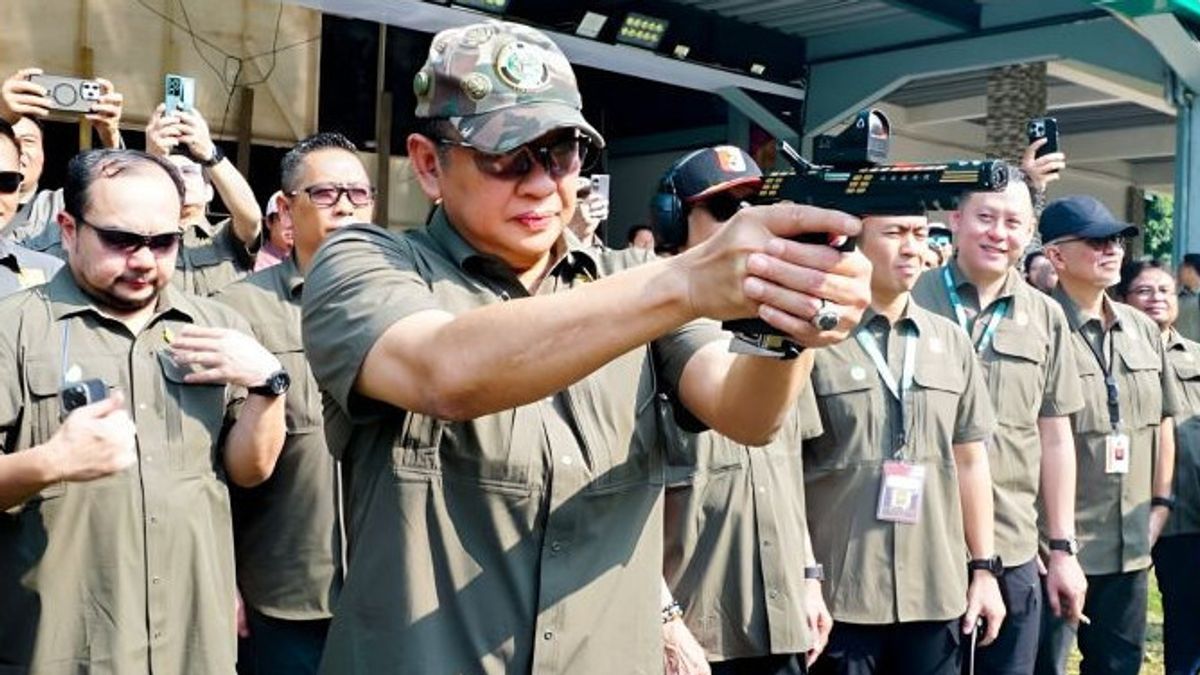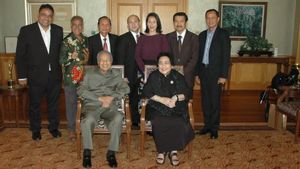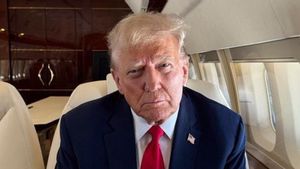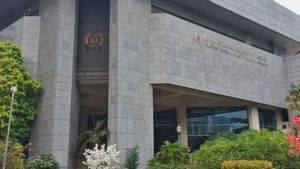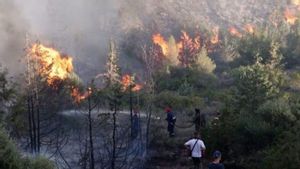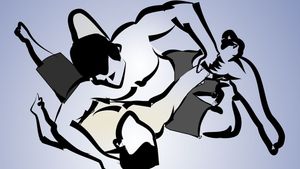JAKARTA - Chairman of the Indonesian People's Consultative Assembly Bambang Soesatyo or who is familiarly called Bamsoet, emphasized the importance of regulating the technical use of martial arts firearms through the issuance of government regulations and the revision of laws.
Bamsoet, who also serves as General Chair of the Association for Owners of Special Permits for Self-Defense Firearms (Perikhsa) in his statement in Jakarta, Saturday, July 27, said that the true ownership of firearms in Indonesia was strictly regulated in the Emergency Law (UU) Number 12 of 1951.
However, he said, further technical provisions regarding when a special martial arts firearm (ikhsa) owner can use his firearm, such as the stages of its use, such as being restrained, directed, or shot up as a warning, have not existed until now.
"So that it often causes confusion, multiple interpretations, and even misinterpretations from various parties, both in terms of the owner of the economy and from the police side. Therefore, the revision of the Emergency Law Number 12 of 1951 and the issuance of Government Regulations (PP) are very important," he said, as reported by Antara.
To make this happen, he said the Central Board of Perikhsa had submitted the draft academic paper of Government Regulation (PP) regarding licensing for non-organic civil martial arts firearms of the TNI/Polri to the Ministry of Law and Human Rights of the Republic of Indonesia.
"The academic naskah for the revision of the Emergency Law Number 12 of 1951 has also been prepared. Hopefully, it can be submitted as a DPR initiative bill for the period 2024-2029," he said.
According to Bamsoet, the existence of the revision of the Emergency Law Number 12 of 1951 and the issuance of the PP also aims to avoid criminalization of the owner of thekhsa.
He gave an example that some time ago, there was a owner who was in danger of his life because he had the potential to be beaten by bus drivers and his friends. However, the owner of the crime is actually facing the law because he is holding his martial arts firearm.
SEE ALSO:
Even though he had a martial arts firearm, he did not dare to use it in the face of the beatings. As a result, he died because he did not dare to use firearms to defend himself because of the absence of legal certainty," he said.
He also assessed that the owners of the martial arts firearms did not only contribute to state revenues through non-tax state revenues (PNBP), but also could assist the government and the police in maintaining public security and order.
"At the same time, it can be used as a reserve component that can at any time support the TNI as part of the guardian of the sovereignty of the nation and state," he concluded.
The English, Chinese, Japanese, Arabic, and French versions are automatically generated by the AI. So there may still be inaccuracies in translating, please always see Indonesian as our main language. (system supported by DigitalSiber.id)
